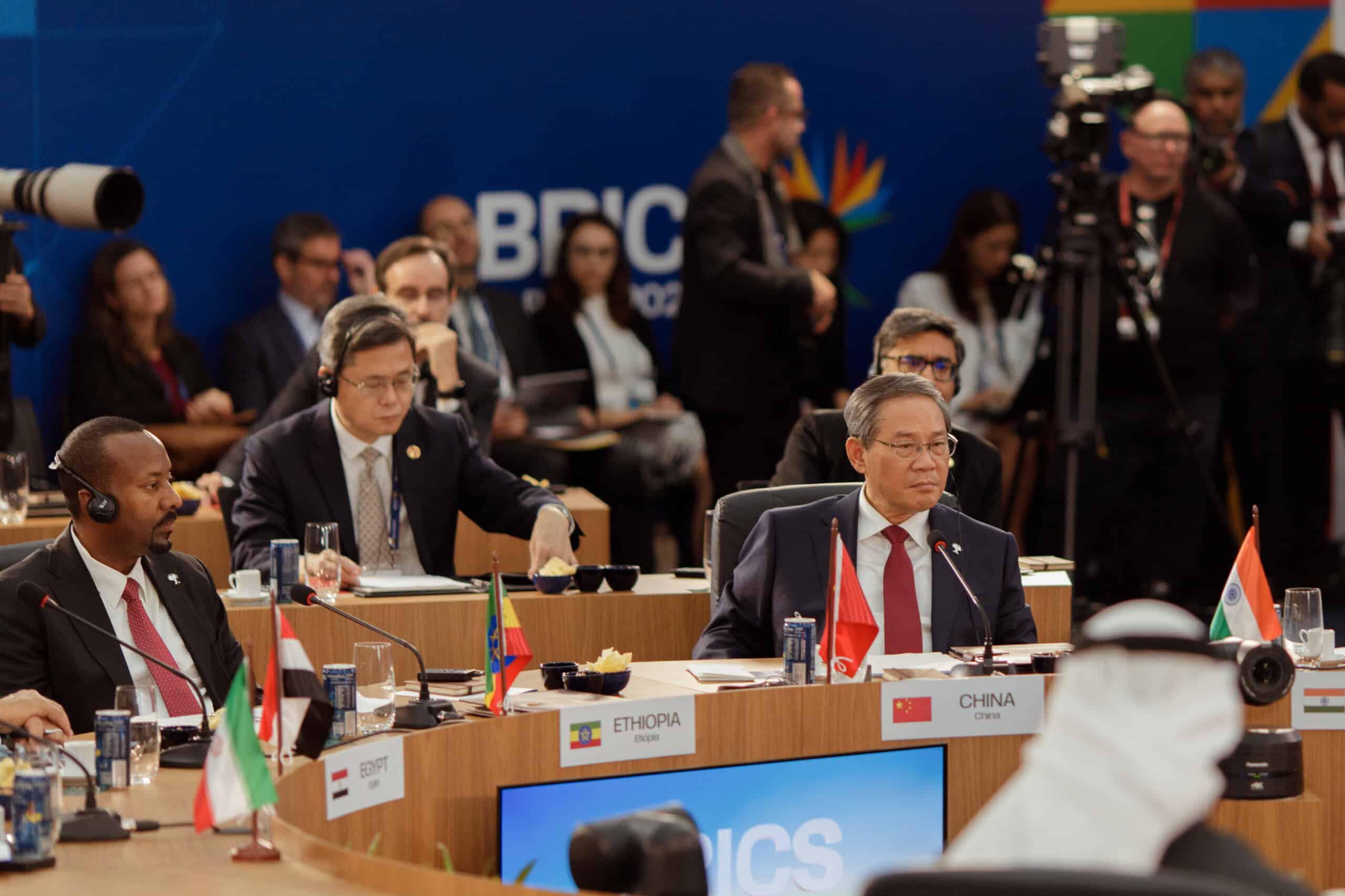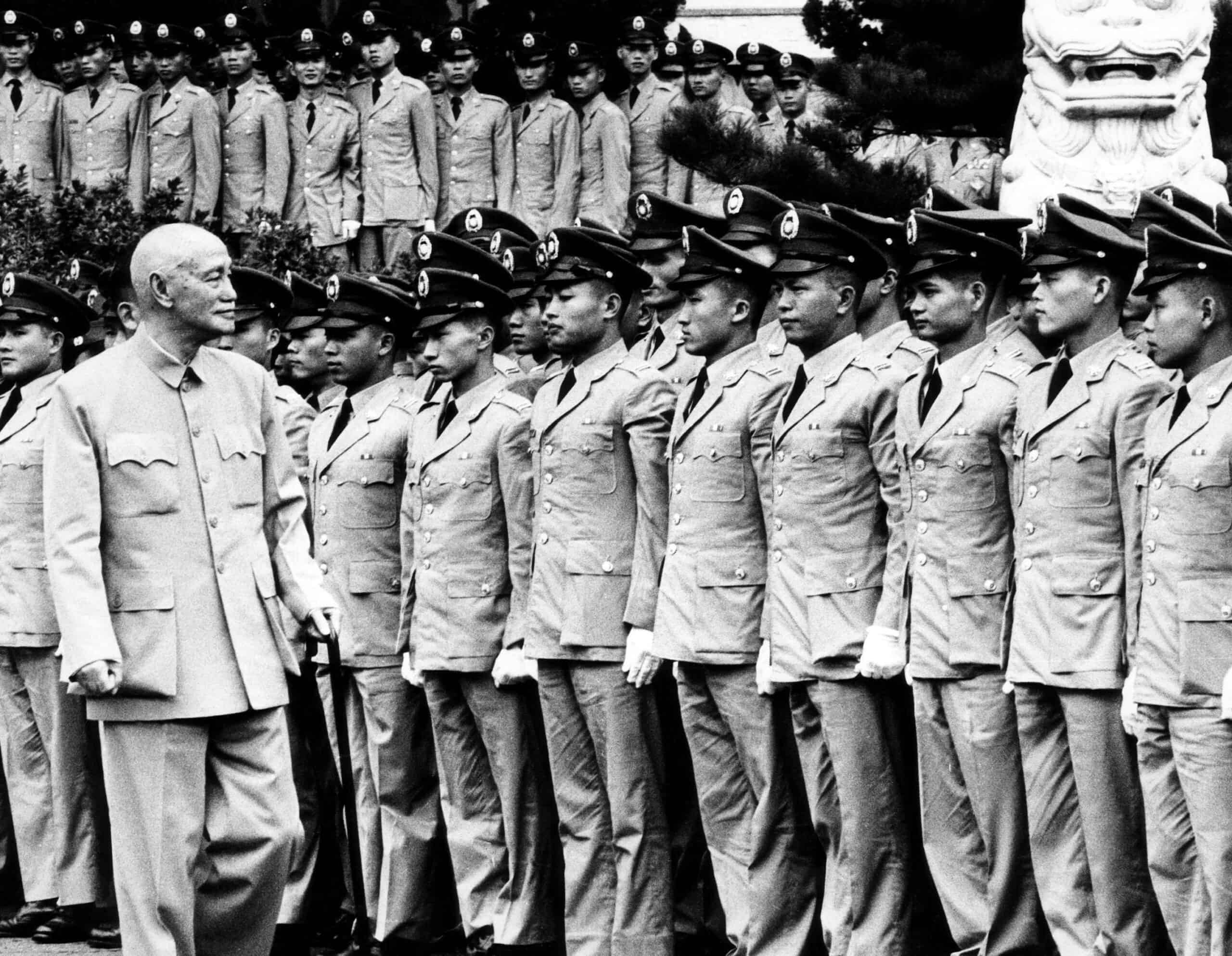
Good evening. The fact that Taiwan, a Han Chinese society just like the PRC, has managed not only to thrive economically, but to function democratically is a substantial humiliation for Xi Jinping. In our cover story this week, Orville Schell reflects on his recent trip back to Taiwan and how few things are more dangerous to peace in the Taiwan Strait than a humiliated autocrat. Elsewhere, we have infographics on America’s brain drain of Chinese scientists; an interview with Jessica Chen Weiss on stepping back from the brink; a reported piece from Katrina Northrop about China’s U.S. Treasury holdings; and an op-ed from Barry Naughton about Xi Jinping’s economic mess. If you’re not already a paid subscriber to The Wire, please sign up here.
Want this emailed directly to your inbox? Sign up to receive our free newsletter.
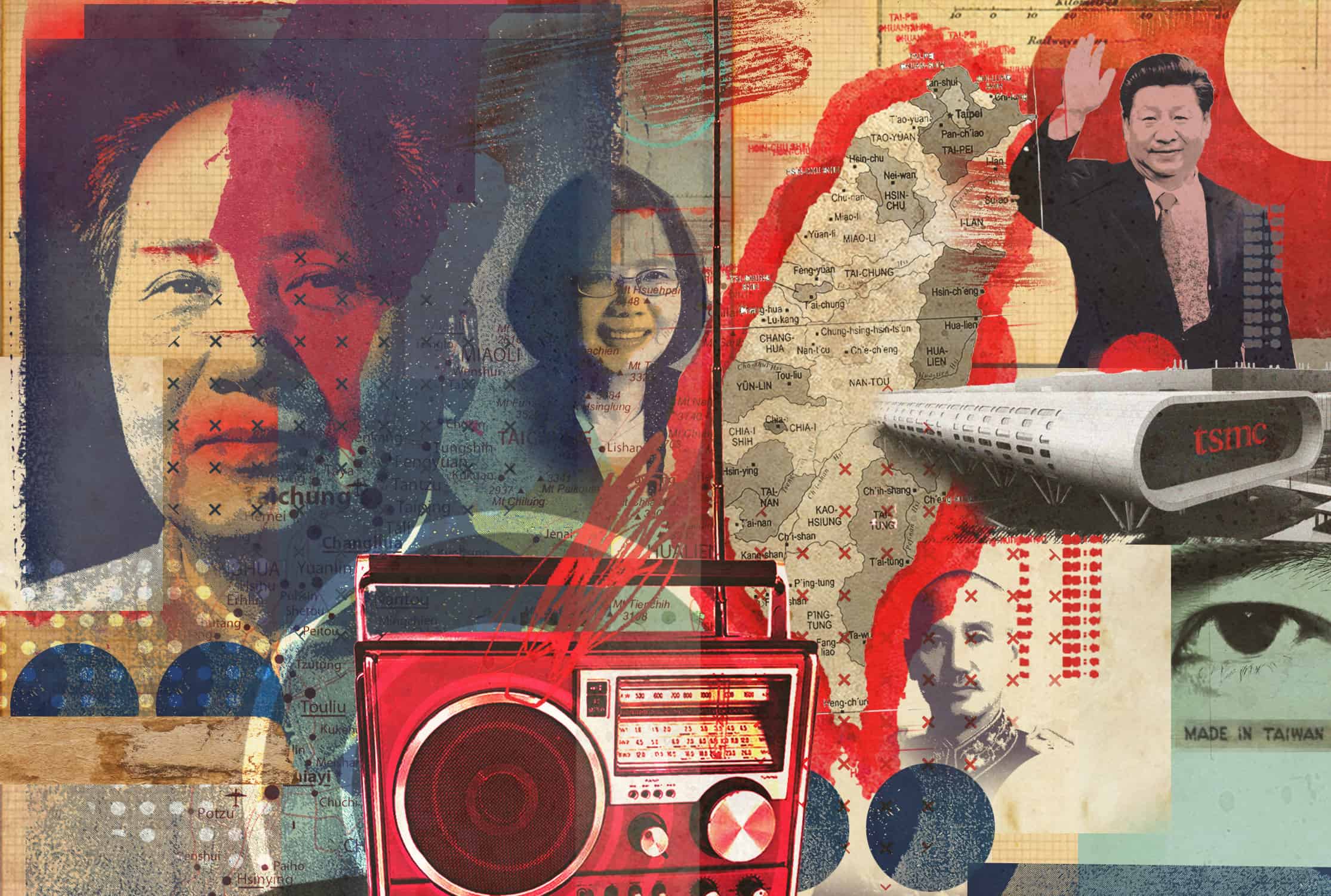
The Tragedy of Taiwan’s Success
Six decades after first spending time in Taiwan, Orville Schell recently went back for a visit and was struck by how much the island has changed — and how little the Chinese Communist Party has. Given both Xi Jinping’s insistence on becoming the latter day successor of Chairman Mao and the critical role that regular Taiwanese citizens will surely have to play in defending their island, Schell argues that the logic and virtue of American “strategic ambiguity” are more important than ever.
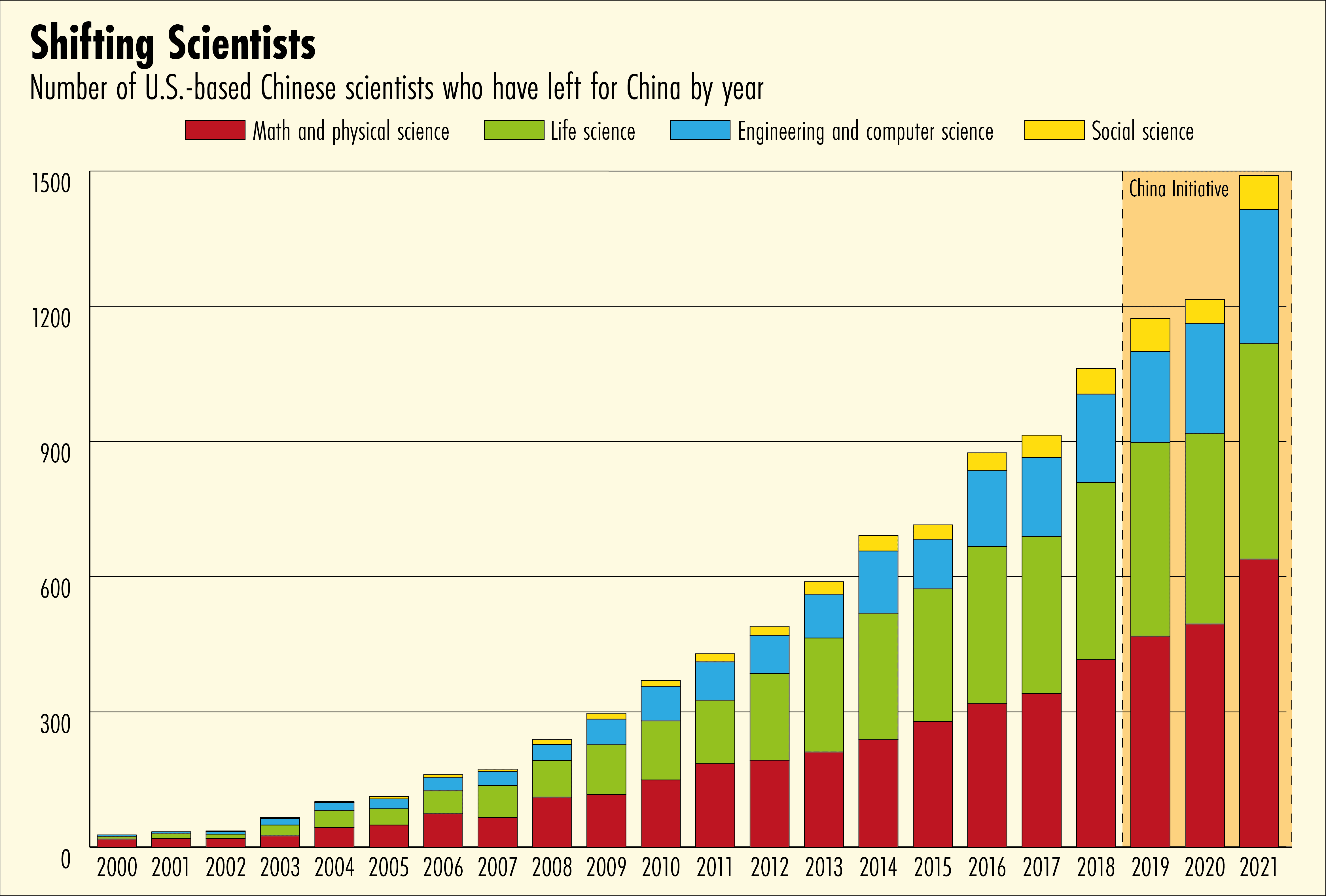
The Big Picture: America’s Brain Drain
A new study by researchers from Princeton University, Harvard University and the Massachusetts Institute of Technology finds that Chinese academics are departing the United States at an accelerating pace. This week, infographics by Eliot Chen look at sentiment among Chinese scientists in America: how it’s changed and what it means for America’s ability to keep up in scientific competition.
A Q&A with Jessica Chen Weiss

Jessica Chen Weiss is a professor of political science at Cornell University and the author of Powerful Patriots: Nationalist Protest in China’s Foreign Relations. Recently, she served as senior advisor to the State Department’s policy planning staff on a Council on Foreign Relations fellowship. In this week’s Q&A with Katrina Northrop, she talks about creating a vision for the U.S. that isn’t defined by beating China; why the repudiation of engagement went too far; and the dangerous echo chamber she sees in discussions about China.
Jessica Chen Weiss
Illustration by Lauren Crow
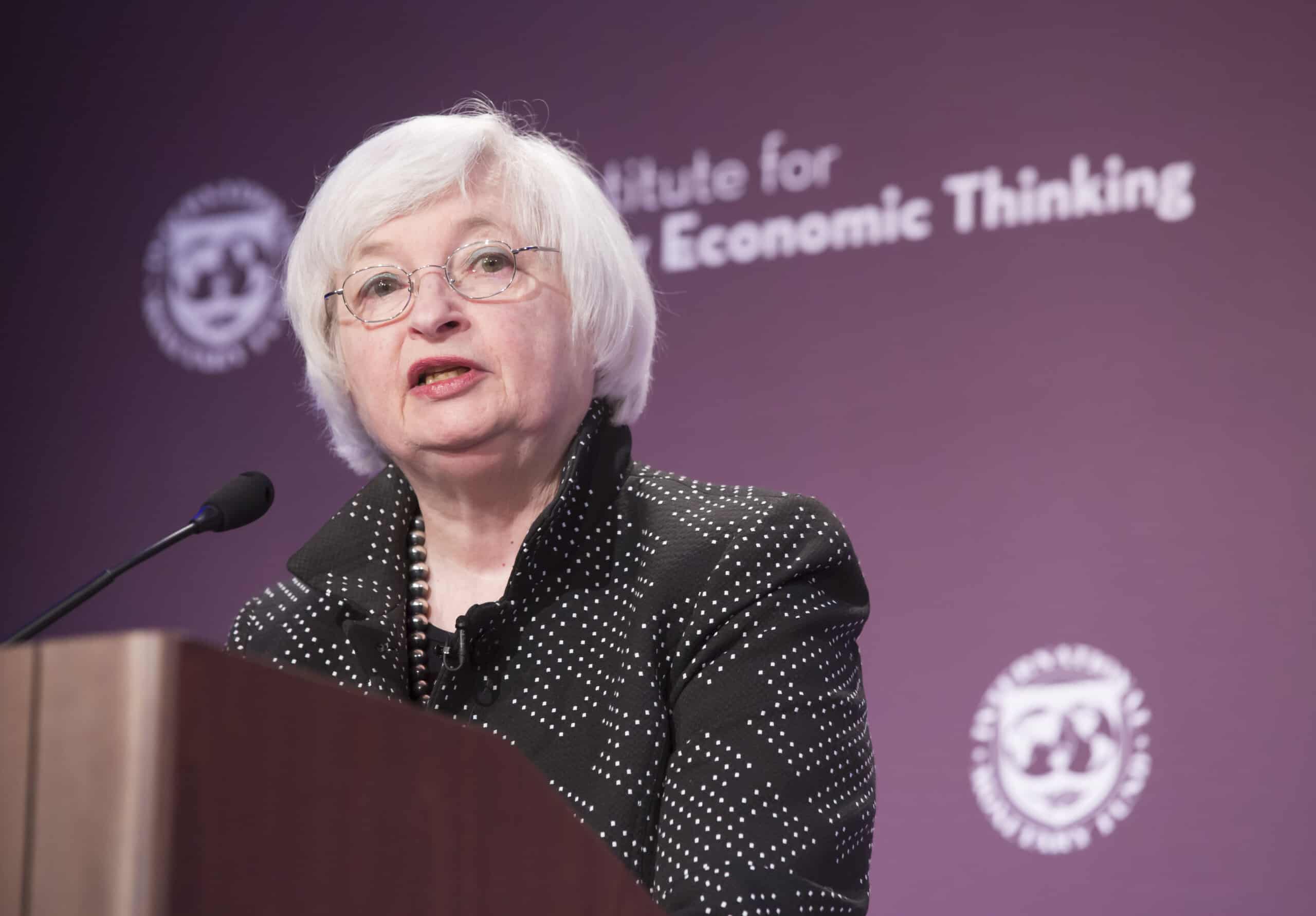
China’s Trillion Dollar Holding
U.S. politicians and pundits periodically cite China’s U.S. Treasury holdings as a potential vulnerability, including recently when China’s holdings fell below the $1 trillion mark for the first time in over a decade. But as Katrina Northrop reports this week, these fears are often overblown.
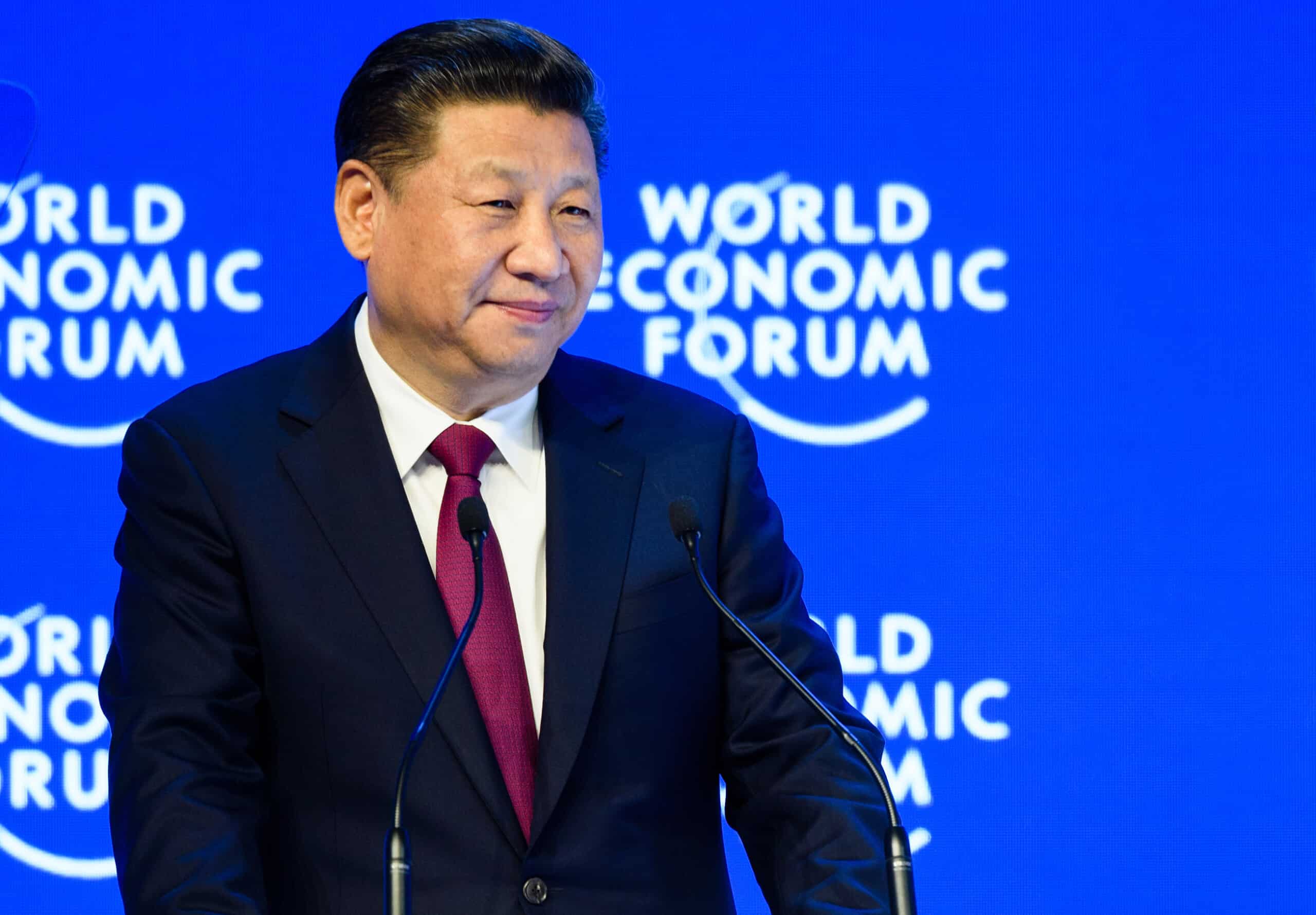
Xi’s Economic Fumbles
As China approaches the 20th Party Congress on October 16, the Chinese economy is in its worst shape in recent memory. Some problems have been caused by exogenous, random shocks, but most of them — as Barry Naughton, a professor at UC San Diego argues in this week’s op-ed — can be directly or indirectly attributed to Xi himself.
Subscribe today for unlimited access, starting at only $19 a month.


